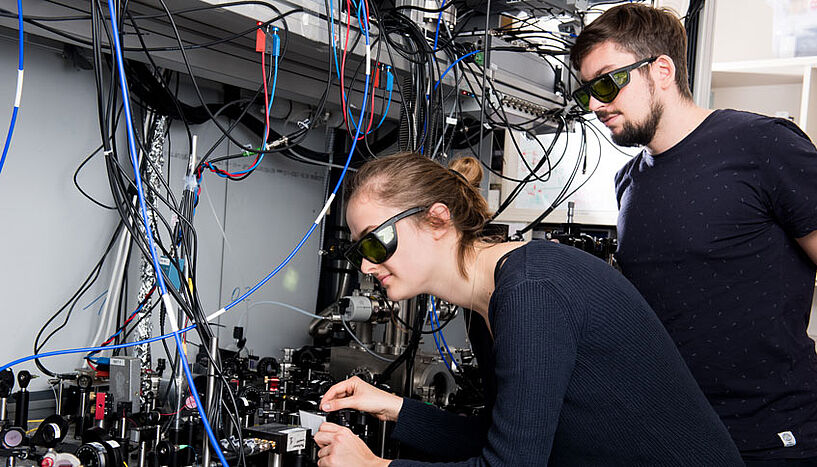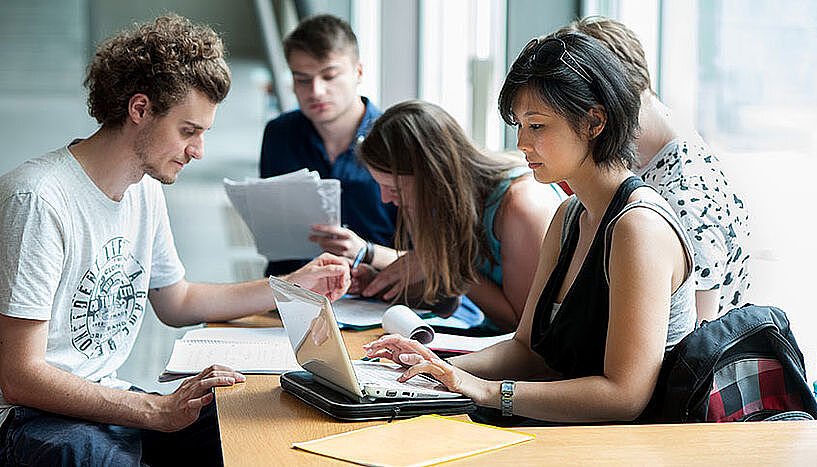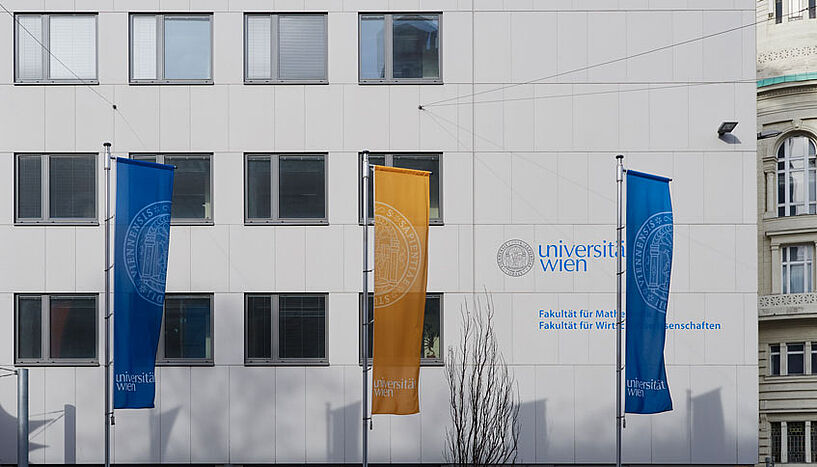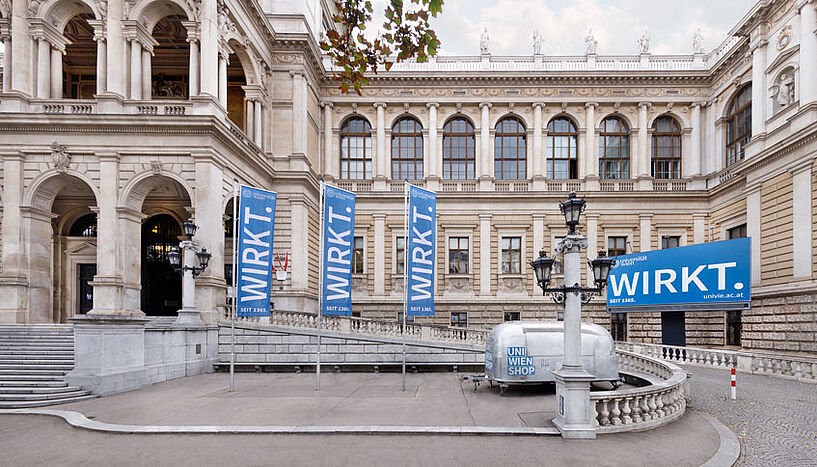MSCA: Individual Fellowships for 16 researchers
| 10. März 2021
The fellows will gain skills and abilities working on a specific research project while also transferring their knowledge within their new institution. (© Barbara Mair)
The EU-funded postdoctoral training programme MSCA-IF is a big success for the University of Vienna: 16 excellent researchers from 13 countries will be joining the University in the coming year.
The Marie Skłodowska-Curie Individual Fellowship (MSCA-IF) programme is an EU-funded postdoctoral training programme. It allows postdoctoral researchers (fellows) to gain additional skills and abilities working on a specific research project in a new environment and to transfer their knowledge within their new institution. The fellowship is a well-defined two-year career stage and open to all fields of research. In Horizon 2020 the University of Vienna has been the top-ranked MSCA-IF host in Austria with 42 fellowships awarded.
In February 2021 the results of the latest MSCA-IF call were published: 16 excellent researchers from 13 countries will be joining the University of Vienna in the coming year. Those ranked among the top 10 will also receive an extra year of salary to continue the collaboration with their supervisor and to continue the work they began during the fellowship.
The new fellows are:
- Anton Zasedatelev (Faculty of Physics)
- Sebastian Knauer (Faculty of Physics)
- Andras Kraft (Faculty of Historical and Cultural Studies)
- Vladimir Ivanovici (Faculty of Protestant Theology)
- Anna Marie Langmüller (Faculty of Mathematics)
- Carolina Pletti (Faculty of Psychology)
- Olga Smith (Faculty of Philological and Cultural Studies)
- Rasa Navickaite (Research Platform Transformations and Eastern Europe)
- Wenhao Wang (Centre for Microbiology and Environmental Systems Science)
- Hossein Kermani (Faculty of Social Sciences)
- Alina Isac Alak (Faculty of Philological and Cultural Studies)
- Stanislava Králová (Centre for Microbiology and Environmental Systems Science)
- Luiz Augusto Cauz dos Santos (Faculty of Life Sciences)
- Nicolas Valiente Parra (Centre for Microbiology and Environmental Systems Science)
- Erika Faigen (Faculty of Earth Sciences, Geography and Astronomy)
- Blaz Gasparini (Faculty of Earth Sciences, Geography and Astronomy)
Due to its success, the programme will be launched again in spring 2021. Some preliminary information can already be found here.



